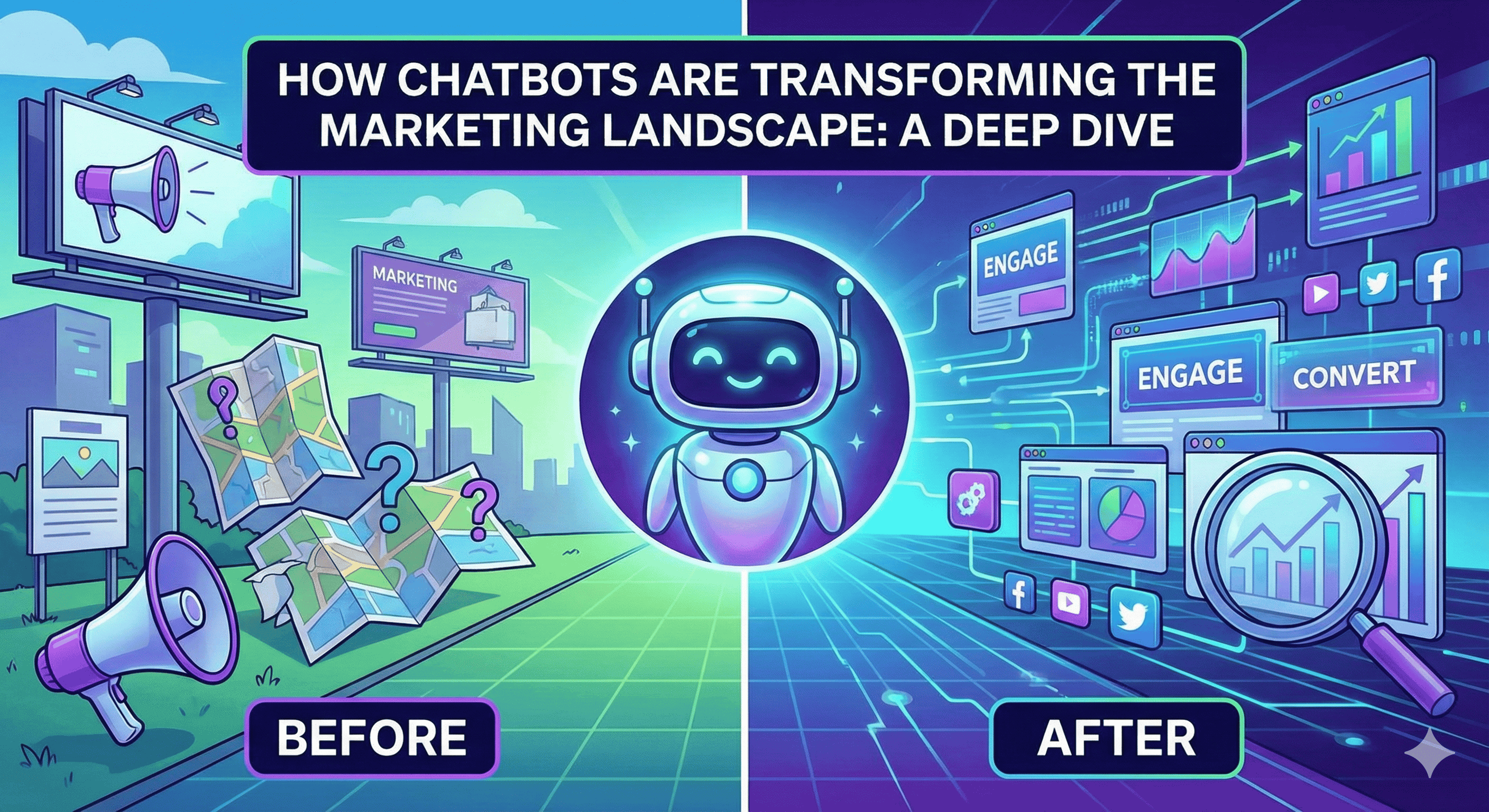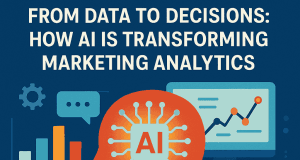In today’s digital landscape, Search Engine Optimization (SEO) has evolved from a straightforward, keyword-driven practice to a multifaceted strategy incorporating various technologies, including artificial intelligence (AI). As AI continues to transform industries, marketers must adapt to new methodologies for optimizing their online presence. This article will explore how AI-powered SEO can enhance marketing strategies and provide a competitive edge in the ever-evolving digital marketplace.
Understanding AI in SEO
Artificial intelligence refers to machines and software that can perform tasks that typically require human intelligence. In the context of SEO, AI enhances data analysis, user experience, content creation, and predictive analytics, paving the way for more effective marketing strategies.
Key Areas Where AI is Impacting SEO
- Keyword Research and Topic Generation
Traditional keyword research often involves using tools to analyze search volume and competition levels. However, AI can analyze vast amounts of data to uncover trends, suggest related keywords, and offer insights into user intent. Tools like Google’s RankBrain utilize machine learning to refine search results, ensuring that marketers are aligned with what users are genuinely searching for. - Content OptimizationAI tools like Clearscope and MarketMuse help optimize existing content by analyzing top-performing articles and identifying gaps. These platforms assess readability, keyword usage, and content structure, thus ensuring that the content is not only relevant but also engaging to users. Furthermore, AI can generate content suggestions, making it easier to create topics that resonate with the target audience.
- Voice Search Optimization
As voice search becomes more popular through devices like Siri and Alexa, optimizing for conversational queries is essential. AI can analyze voice search patterns, helping marketers identify how people phrase their questions, thus guiding content creation that matches these natural language queries.
- User Experience PersonalizationAI algorithms can learn user behaviors and preferences, allowing marketers to deliver personalized experiences. By analyzing data such as previous interactions, AI can tailor content and recommendations, which in turn can lead to higher conversion rates.
- Predictive Analytics
AI’s ability to process vast amounts of data means businesses can leverage predictive analytics to forecast trends, consumer behavior, and future SEO performance. This allows marketers to adjust their strategies proactively rather than reactively. - Automated Reporting and Performance Monitoring
AI-powered tools can automate the collection and analysis of SEO metrics, providing real-time insights into performance. Marketing teams can gain quick access to actionable data, enabling them to make informed decisions without spending hours on manual reporting.
Advantages of AI-Powered SEO
- Efficiency: Automating keyword research, content generation, and performance analysis saves time and allows marketers to focus on strategy and creativity.
- Data-Driven Insights: AI can analyze patterns unavailable through traditional methods, leading to more informed decision-making
- Enhanced Targeting: By understanding user intent and behavior, AI allows for more precise targeting of content and ads, increasing the chances of conversion.
- Adaptability: AI systems learn and evolve, making them future-proof in the rapidly changing digital landscape.
Implementing AI-Powered SEO Strategies
To take advantage of AI in SEO, marketers can follow these steps:
- Invest in AI Tools: Identify and invest in AI-driven SEO tools that suit your needs. Popular options include Clearscope, Moz, SEMrush, and Ahrefs.
- Focus on Quality Content: AI can aid in content optimization, but quality should always come first. Ensure that any content produced addresses user intent and provides value.
- Embrace Voice Search: Tailor content to cater to voice search queries, considering the conversational nature of voice interactions.
- Monitor Performance Continuously: Use AI analytics tools to track performance and adapt strategies accordingly. Regular reviews help maintain alignment with trends.
- Stay Updated on AI Developments: As AI technology evolves, stay informed about new tools and algorithms to continually improve your SEO strategies.
Conclusion
AI-powered SEO is not just a passing trend; it is shaping the future of digital marketing. By leveraging AI technologies, marketers can optimize their strategies, create personalized user experiences, and ultimately drive greater results. As the digital landscape continues to evolve, those who embrace these advancements will remain at the forefront, ensuring their brands stay relevant and competitive in an increasingly crowded marketplace. Adapting to AI in SEO isn’t just about keeping up; it’s about leading the way into a promising future.









